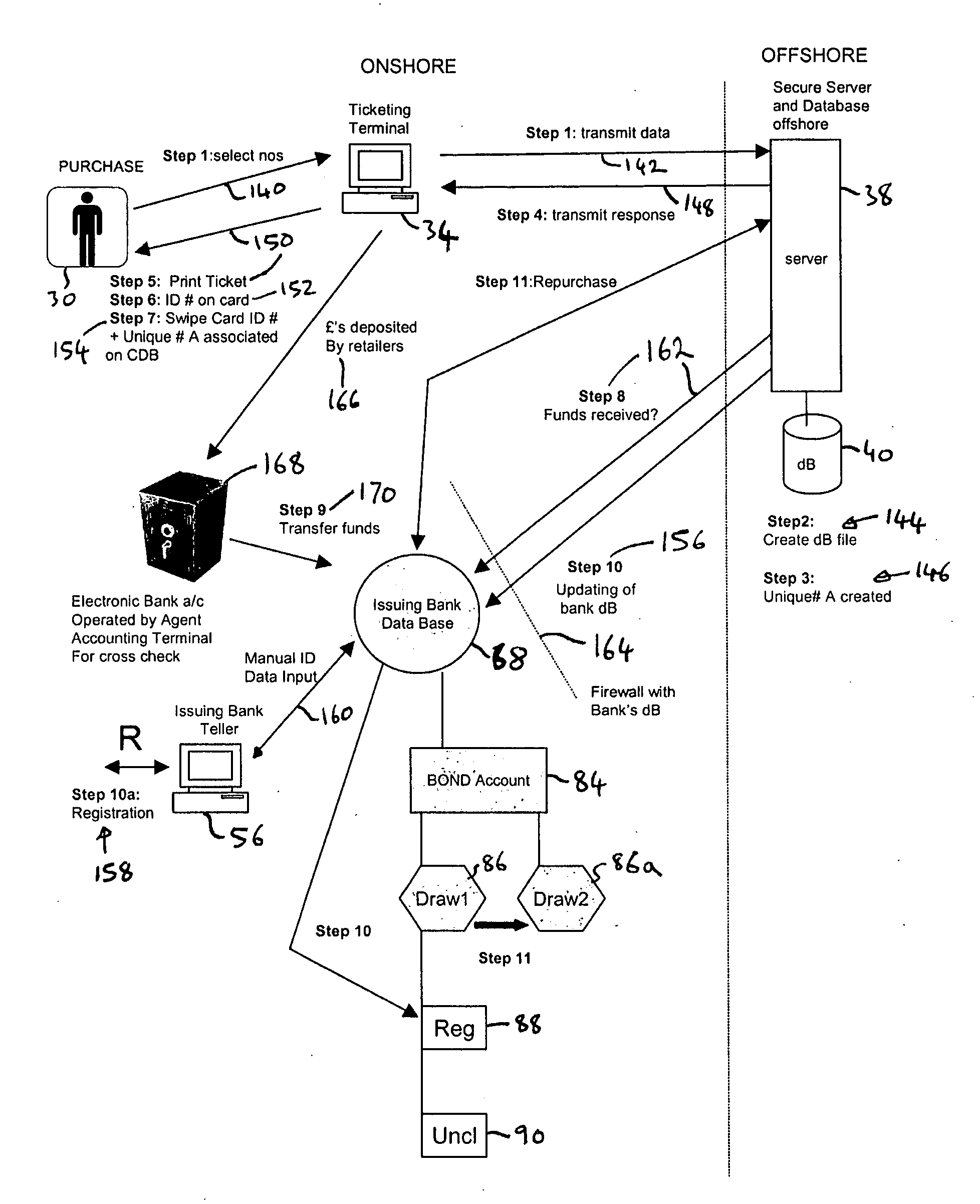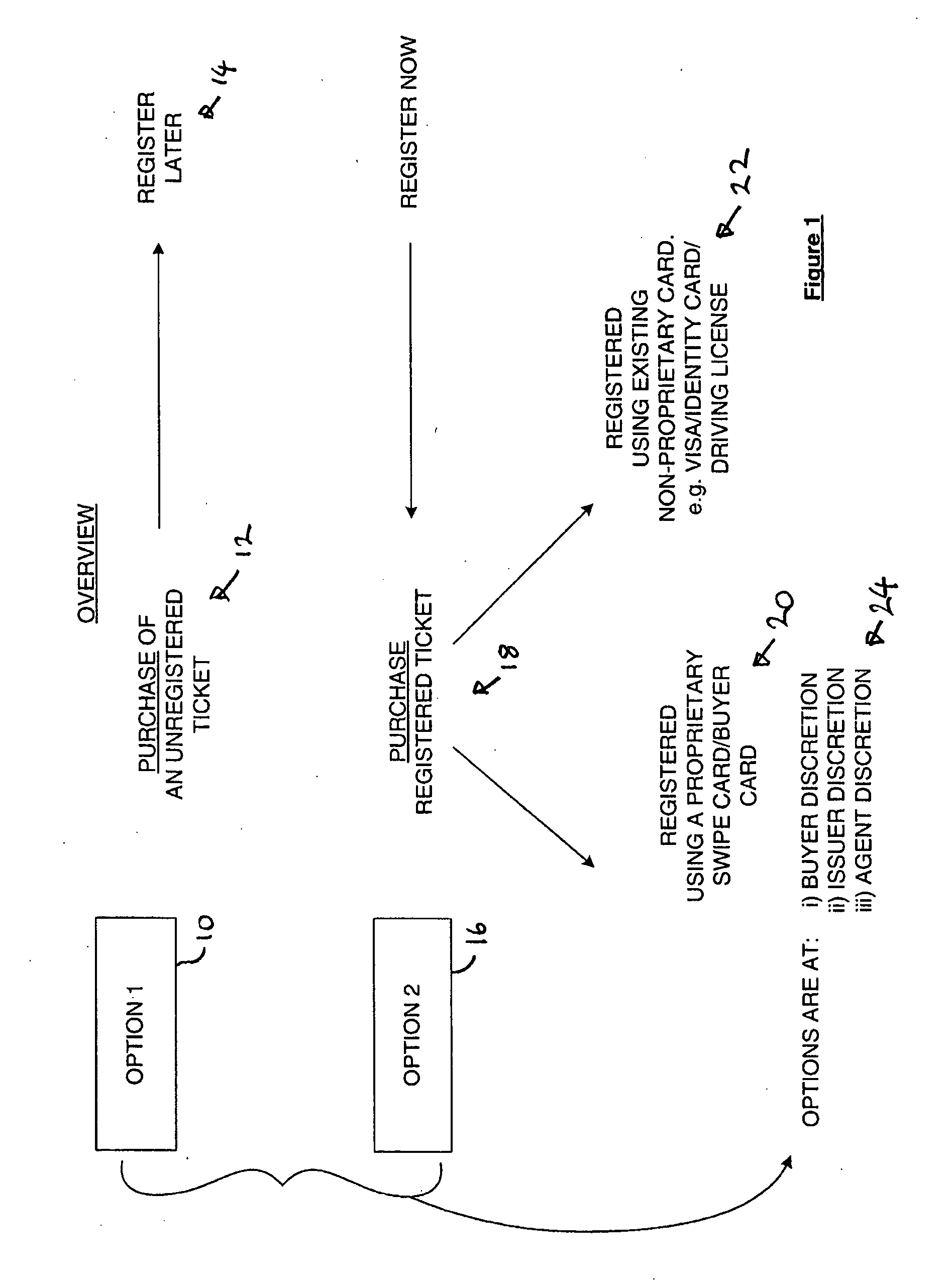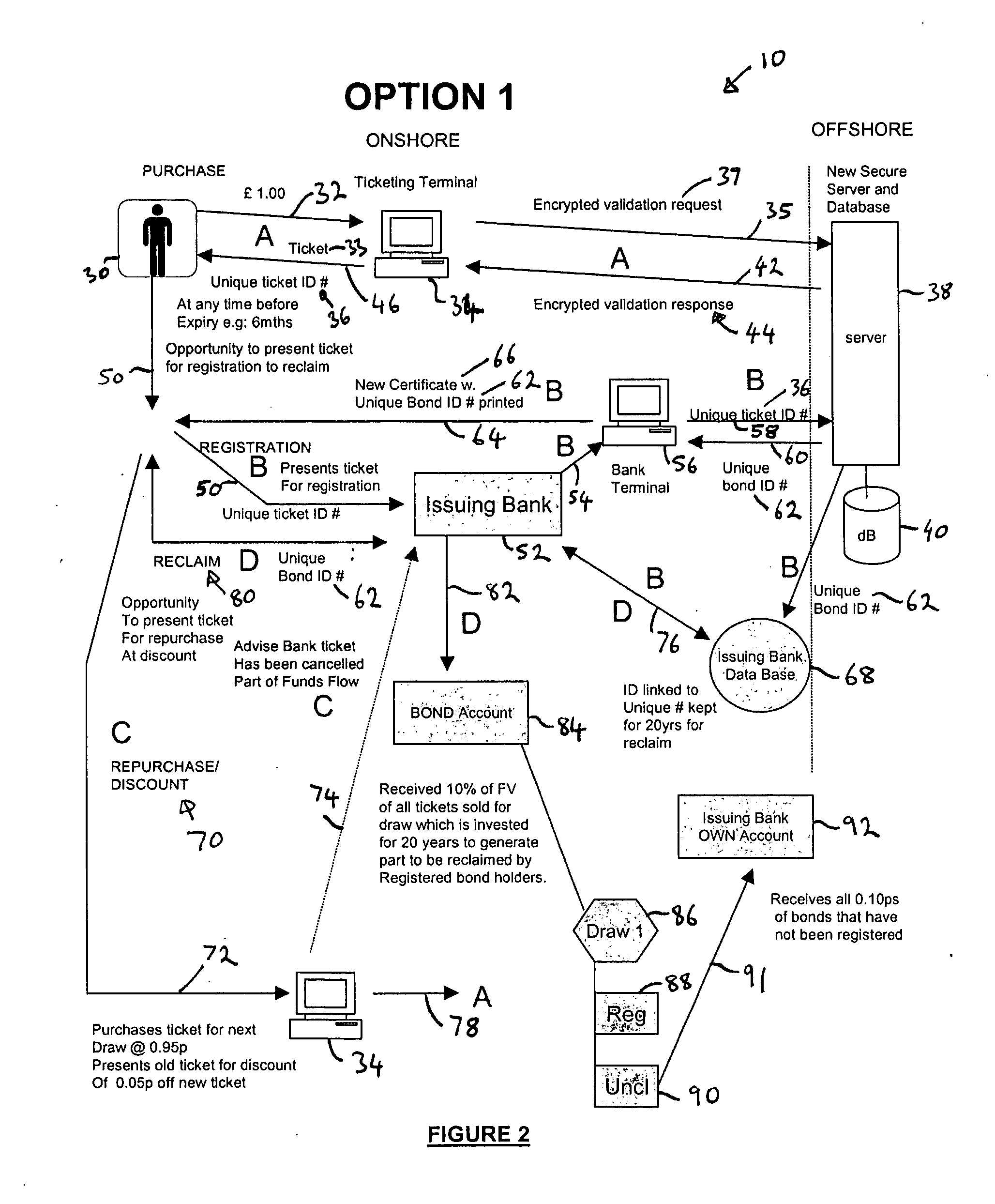Creating an instrument which can accord with these laws places technical constraints on any system handling such new financial instruments.
This creates some disagreement amongst Islamic scholars.
There is a considerable degree of debate over the difference in the meaning between interest and usury.
Nor does this transaction implicate riba duyun because the purchaser is incurring a debt, not increasing the value of a pre-existing indebtedness in exchange for more time to pay off the debt.
However, it is not willing to allow a loophole to exist for those who do not wish to invest and take risks, but to hoard money or deposit money in a
bank in return for receiving an increase on these funds for no risk (other than the
bank becoming insolvent).
Accordingly, under Islam, either people invest with risk, or suffer loss through devaluation by inflation by keeping their money idle.
Muslims are encouraged to purchase and are discouraged from keeping money idle so that, for instance, hoarding money is regarded as being unacceptable.
Also, parties cannot predetermine a guaranteed profit.
This is based on the principle of ‘uncertain gains’, which on a strict interpretation, does not even allow an undertaking from the customer to repay the borrowed principal plus an amount to take into account inflation.
Therefore, options and futures are considered as un-Islamic and so are forward foreign exchange transactions because rates are determined by interest differentials.
Trade in
alcohol, for example would not be financed by an Islamic
bank; a real-estate loan could not be made for the construction of a casino; and the bank could not lend money to other banks at interest.
The negative effect of speculation is that excessive amounts of it may cause volatile price movements in the market.
Quantitative limits on daily trading volume and legislative guidelines may help contain speculation within healthy bounds, however no workable definition of what separates excessive from reasonable speculation has been developed.
Furthermore, any kind of
financial transaction with financial uncertainty and risk attached to the transaction itself is also forbidden and hence the religion of Islam forbids this jointly together with all types of gambling including lotteries, wagering, and casinos.
However, a theoretic
gain alone would not be covered, i.e. if the camel was not yet owned or at least had been in the possession of the seller, then the western economist concept of opportunity cost would not suffice.
It means assuming the risk of loss or damage of the asset such that it is no more beneficial or utilizable.
Thus whilst it can be easily seen that eating other's money for nothing necessarily implies imbalance between rights and obligations for each party, the problem is in measuring unequal returns and risks.
That is, the zero-sum structure is unjust, as Ibn Taymiah points out.
Both regular deposit accounts and LLDAs require administration and it appears that the administrative costs are higher for LLDAs than for regular accounts.
Small banks cannot match the large banks in terms of the frequency and the richness of the prizes and as this matters to the demand for a lottery this has resulted in several small U.S. states banding together to offer joint lotteries.
Although a small bank with its less frequent prizes may match a larger bank in terms of the expected value of its accounts, it may suffer from a marketing
disadvantage people often predict by representativeness and over-estimate the probability of rare, salient events.
Lastly, the larger bank can more readily increase the skewness of its payouts.
This may also result in further challenges that need to be overcome.
 Login to View More
Login to View More  Login to View More
Login to View More 


